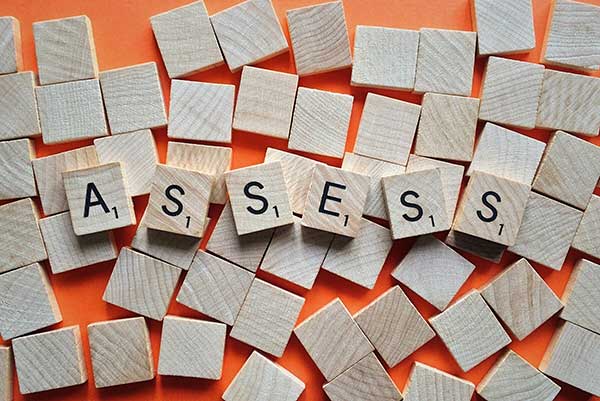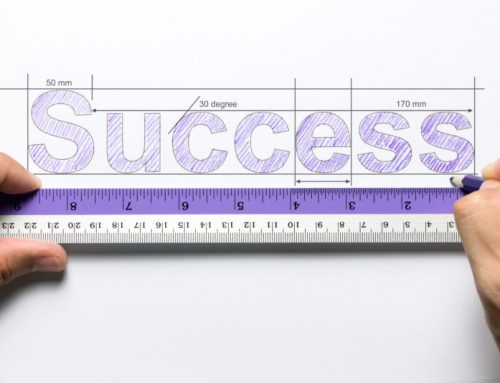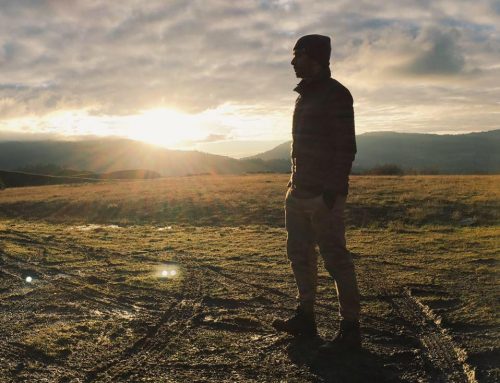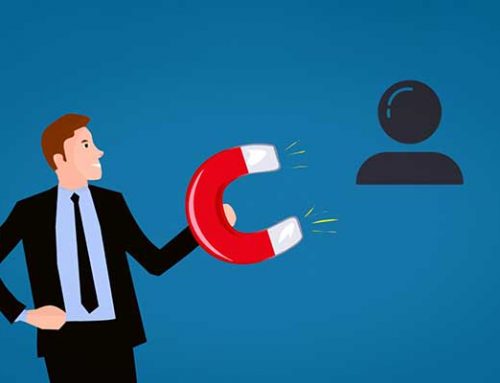Screening a resume, interviewing a candidate, calling references. These are all important pieces of the recruitment process but there is one more that will tell you so much about your potential hire: the one day assessment. Oddly, this is also the piece of the process that is most often skipped because it seems, on the surface, like too much effort.
But think about it this way: the one day assessment will give you a chance to see your potential hire in action. You’ll be able to quietly assess, with the help of your existing team, whether they are a good fit on levels that don’t appear on paper: personality, style, attitude, and so on. Asking someone to come in for one (paid) day may seem like investing a lot of money and time in a potential candidate, but the cost of a bad hire is so much more.
One caveat: it’s vital that the assessment day take place when the key people that she will be working with are on site. If her daily interactions will be with you, or with others in your office, you need those people on hand for at least a portion of the day, to be part of the assessment.
Here are 5 benefits we’ve discovered by using the one day assessment:
You can measure their working style
The one day assessment allows you to measure for yourself someone’s working style. Knowing the tools and having work experience on another team or office is great but if you notice the candidate is slow paced, or checks their cell phone constantly, or needs to take smoke breaks every hour, you’ll quickly determine if this is someone you can have in your office 40 hours a week. Or not.
The candidate can measure your working style
The one day assessment allows the candidate an opportunity to see your working style as well. Sometimes, a bad hire is nothing more than a personality mismatch. A candidate joins your team because of your glowing success, but you are not the most organized or the best communicator. A candidate who doesn’t like your work personality will see that straight off. It’s best for both of you if she discovers this after one day of working with you, rather than 2 weeks or 2 months later.
Figure out her habits, good and bad
Experience from different teams or offices doesn’t translate into a perfect, seamless transition. Some teams don’t properly train their assistants, and those people can then develop some extremely bad habits. It’s best to get a glimpse of what the person knows and how they manage their day upfront rather than realize there’s a major problem after the hiring process is completed.
The assessment makes the hiring decision clearer
Seeing what your working relationship will be like, through the lens of the assessment, often solidifies the decision to make the hire. This is particularly true if you’re trying to decide between two candidates, but even if you’ve settled on one, the decision doesn’t feel like a gamble when you’ve taken all the necessary steps. Once you see the person in action, you can feel secure in moving ahead with hiring them.
A hiring red flag
Any candidate who refuses the one day assessment often has things to hide. They are not confident in their abilities or perhaps have lied about some skills that they are hoping you won’t know about till much later. If a candidate refuses the assessment, it’s important to find out why, but ultimately, it should be a red flag to you.
Most unsuccessful hires are the ones where the candidate/employer refused the one day assessment. It’s a vital part of the process that helps both you and the candidate feel comfortable with your choices. After all, she is taking a gamble on you too, and the assessment allows an equal opportunity for both you and her to evaluate if this is the right fit for the long term.






